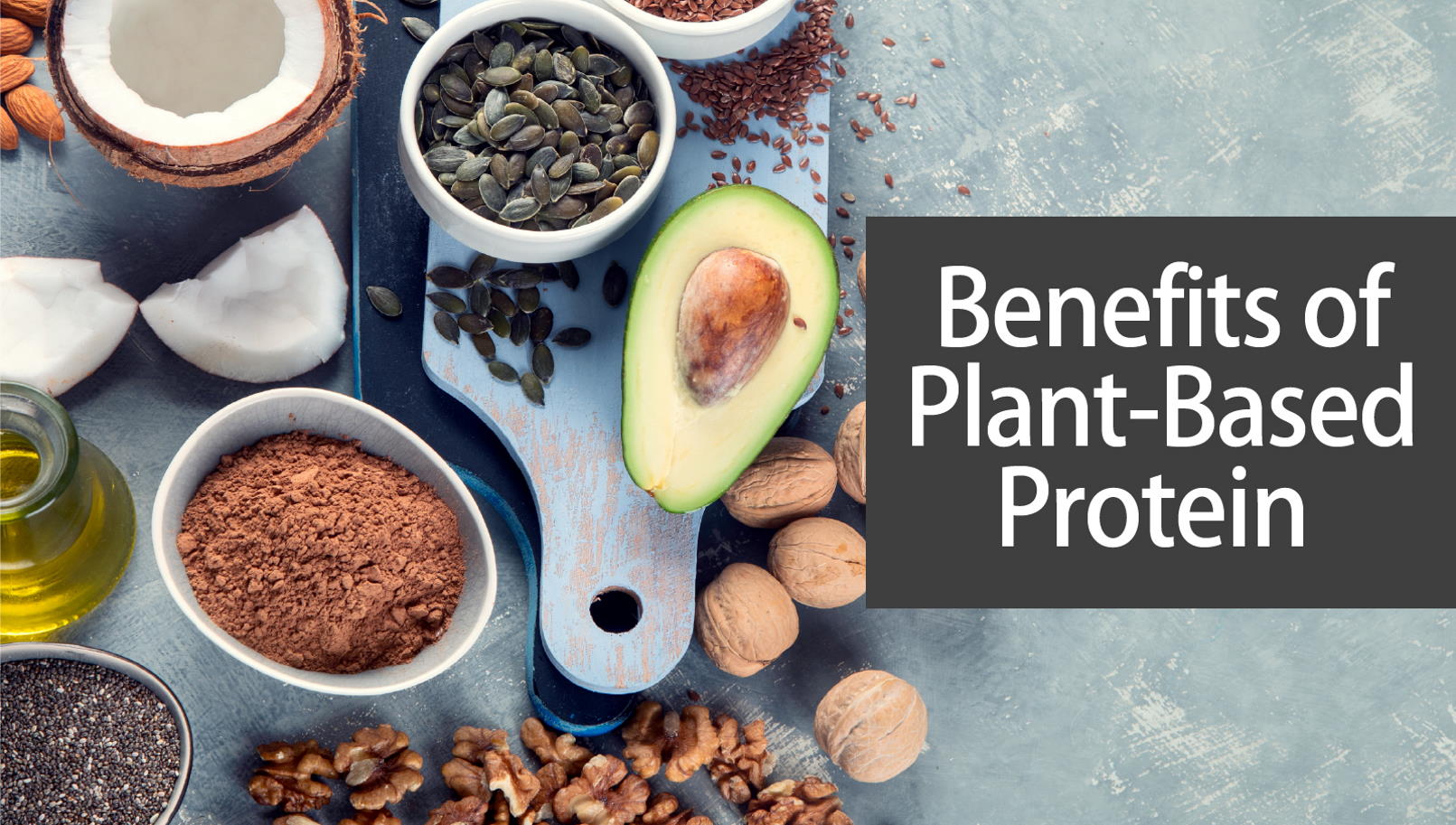22 March 2023
Plant-based protein refers to protein sources that come from plant-based foods, rather than animal-based foods. These protein sources can include beans, lentils, tofu, tempeh, nuts, seeds, and certain whole grains such as quinoa.
These plant-based protein sources are often considered to be healthier than animal-based protein sources. There are several benefits of plant-based protein, including:

1. Lower saturated fat intake
Plant-based protein sources, such as beans, lentils, nuts, and seeds, are typically lower in saturated fat compared to animal-based protein sources, which can help lower cholesterol levels and reduce the risk of heart disease.

2. High fiber content
Many plant-based protein sources are high in fiber, which can help regulate digestion, improve blood sugar control, and reduce the risk of certain types of cancer.

3. Rich in essential nutrients
Plant-based protein sources are often rich in essential nutrients such as vitamins, minerals, and antioxidants that are important for overall health and wellbeing.

4. Versatility
Plant-based protein sources can be incorporated into a variety of meals and recipes, making them a versatile and convenient option for those looking to add more protein to their diet.

If you are looking for plant-based protein option, introducing PhytoNutri from PHHP. It is made up of plant-based protein which consists of 21 types of natural beans and grains to help in ensuring sufficient protein intake in our daily diet.
Gentle reminder from Phyto Fairy, it is important for vegetarians and vegans to ensure that they are getting enough protein in their diet to meet their daily requirements, as plant-based protein sources may not provide all of the essential amino acids that the body needs. However, by consuming a variety of different vegetarian protein sources, individuals can easily meet their daily protein needs while also enjoying the many health benefits associated with a plant-based diet.






